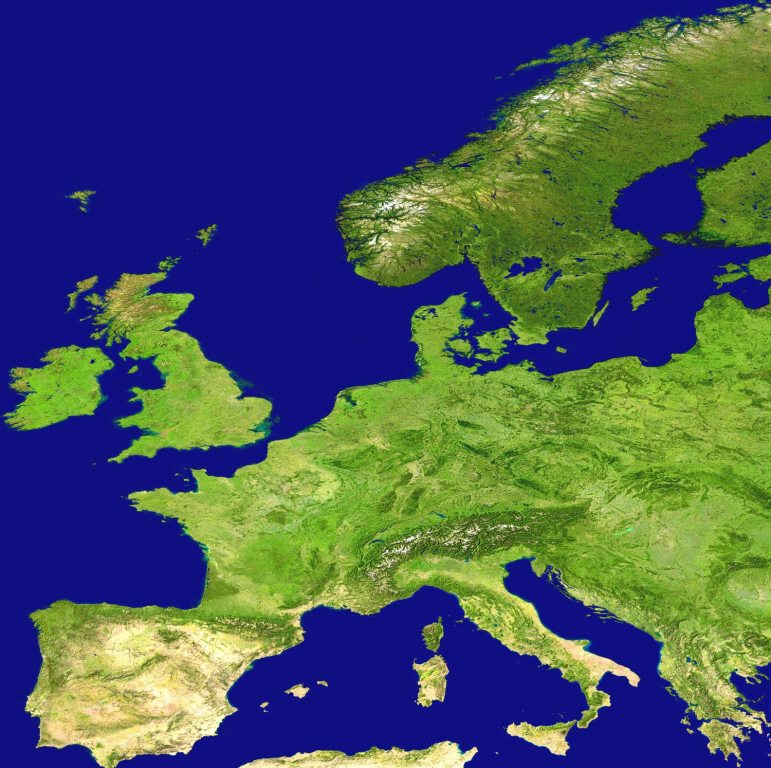The European Union (EU) has made a big decision about three Microsoft products: Microsoft Edge browser, Microsoft Advertising, and Bing search engine.
EU officials say these services don’t meet the standards set in the new Digital Market Act (DMA). They’ve also decided to exclude Apple’s iMessage app from these rules.
What does this mean for Microsoft and Apple?
The European Commission previously labeled Microsoft, along with other tech giants like Alphabet (Google’s parent company), Amazon, Apple, ByteDance (TikTok’s owner), and Google, as “gatekeepers” of the DMA.
However, Microsoft and Apple argued last September that Bing and iMessage shouldn’t be considered gatekeepers for specific reasons.
- For Bing: Despite being a search engine, Bing holds a small market share of just 3%. Microsoft believes this should exempt it from DMA restrictions.
- For iMessage: Apple’s messaging app, iMessage, has a selective user base and doesn’t meet the criteria to be considered a DMA “gatekeeper.”
The EU has agreed with Microsoft and Apple’s points. They’ve excluded Microsoft Advertising, the company’s ad service, from DMA regulations.
However, there’s an important condition for Microsoft: Windows 11, its latest OS, must make changes to comply with EU regulations. This includes not obligating users to use Microsoft Edge.
Microsoft needs to be cautious with its LinkedIn and Windows products as they’ll be closely monitored under the DMA. Meanwhile, the EU sees Safari, Google Chrome, and ads from Amazon, Google, and Meta as more significant. Microsoft knows which platforms it’s up against.





